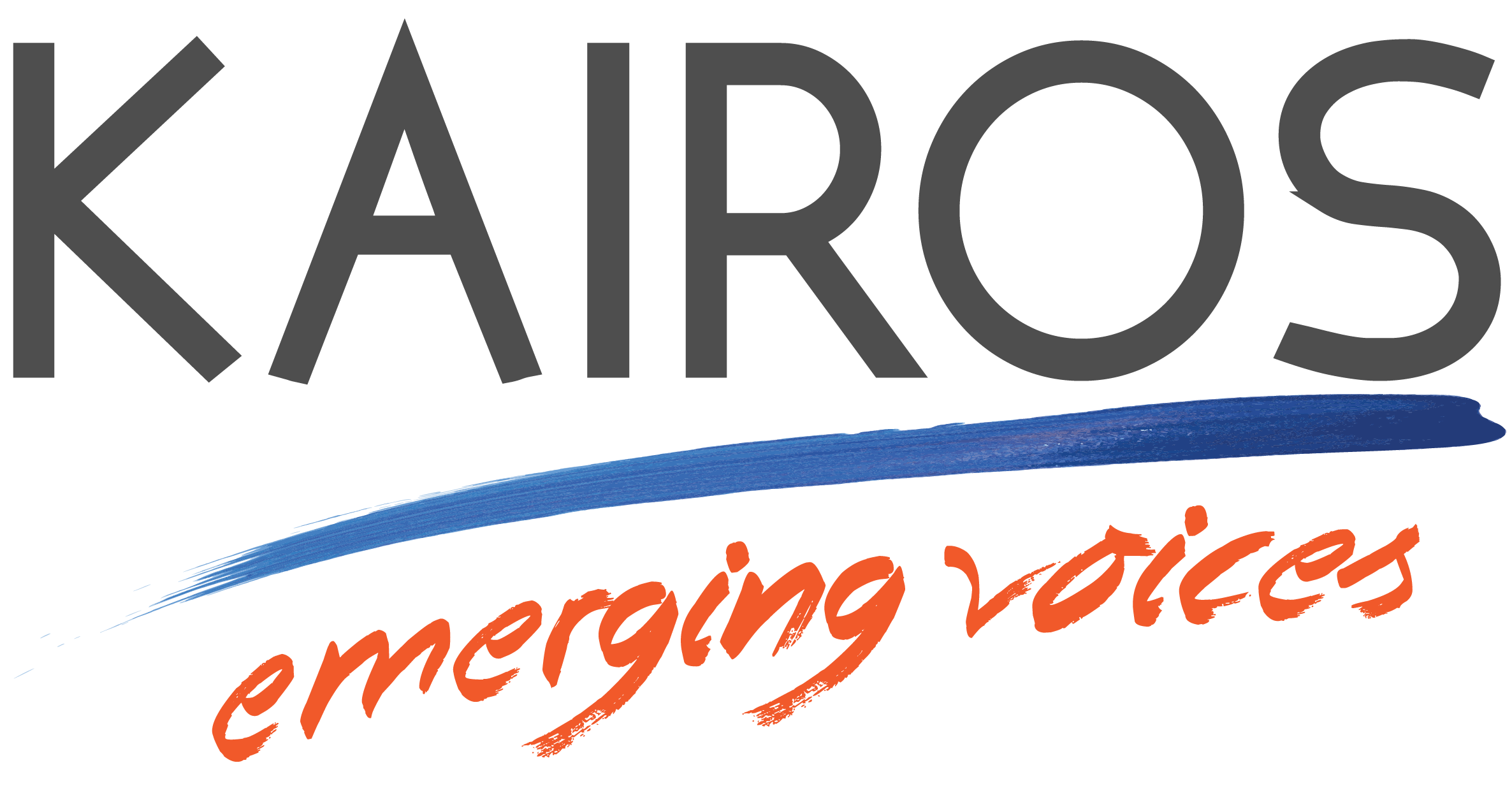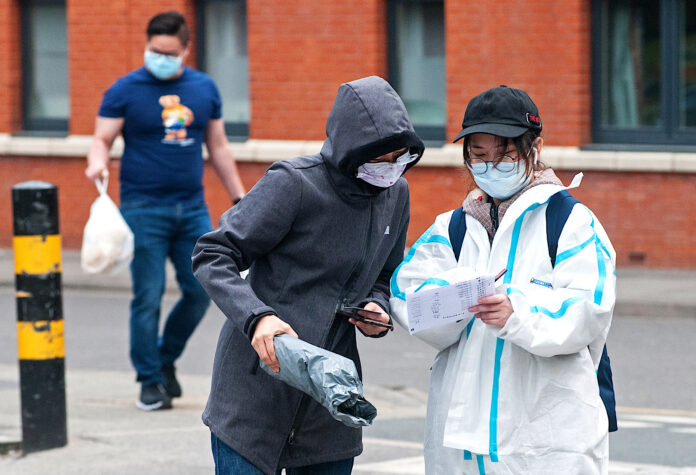My dad says his two open heart surgeries have steeled him for the essential work of delivering supplies to medical workers
Cardboard boxes of surgical masks. Long shiny boxes of rubber gloves. On a normal day, this part of my dad’s delivery load would not attract comment, buried under the much more vital boxes of donated blood, painkillers and antibiotics. However, these boxes are eliciting applause from the nursing staff at the hospitals and doctors’ offices along his daily route, which encompasses three hospitals and 25 doctors’ offices, including the Children’s Hospital of Philadelphia.
My father, Harold Crane, works as a contract delivery driver for Priority Express. Every day, his truck is filled to the brim with valuable medications and medical equipment. These deliveries are often extremely time-sensitive, and vital to patients. His job was always important, and stressful. That’s even truer now.
The surge of the disease quickly led to myriad global shortages of vital medical supplies, including ventilators, masks and gloves. These shortages have made essential workers like my dad more important — and have put him in greater danger — than ever before. Each of his trips outside, whether to carry out his essential job, to get groceries or go to the doctor, is potentially life-threatening. And he’s 63, which puts him at a high risk for contracting COVID-19.
He doesn’t let any of this bother him.
“I’m proud of what I do, which helps me avoid the duress,” he said.
Many of my father’s coworkers have used their personal days to avoid risk. But he’s continued to take on a six to seven-day workweek, as he has for many years, and to be on call daily.
“In some ways, this situation has almost made it easier,” he said. “There’s almost no traffic anymore. However, it has made me have to deal with a lot of distressed people in a very tense setting every day.”
The importance of the job motivates my father to keep working.
“Next week, I’ll begin delivering COVID-19 test kits as well,” he told me this spring.
The most devastating shortages have been of these test kits. As they slowly become more available, they’re being delivered by workers like my dad.
He’s faced the fear of death before.
“Going for two open heart surgeries – that was scarier,” he said. “It felt much more likely that I could’ve died. What they had to do to me was very serious – that had direct physical and mental pain. The suicide rate is also very high for open-heart patients. It definitely made me more emotional afterwards.”
After experiencing the fear of a potentially life-threatening surgery – twice – my dad has developed the ability to cope with high-stress situations.
And he’s not the only worker required to risk his health every day.
“Everybody’s different,” he pointed out. “Some are very nervous and won’t come near you. Others, not so much. Nurses are all professionals in what they’re doing. It’s a tough job to have right now.”
The general healthcare environment is also tense.
“I’ve had a post-nasal drip caused by a deviated septum, which has given me a chronic cough for the past 25 years,” he pointed out. “You can’t cough in these offices; that’s a major symptom. If they hear you cough, I won’t be allowed back in, and I’ll basically lose my job. So, every day, I go in with my mask and almost blow my eyeballs out trying not to cough.”
He chugs water before entering each office, just to make sure.
He and his coworkers haven’t received any form of hazard pay or bonus compensation for taking on the extra risk.
Nor does my father feel he is owed anything extra.
“It would be nice, but I don’t think it’s necessary,” he said.
“I have no fear,” he added. “I have a pretty good immune system from fighting heart disease; I’m not really nervous at all. My only fear is giving it to someone in my family. I’m not afraid for myself.”


